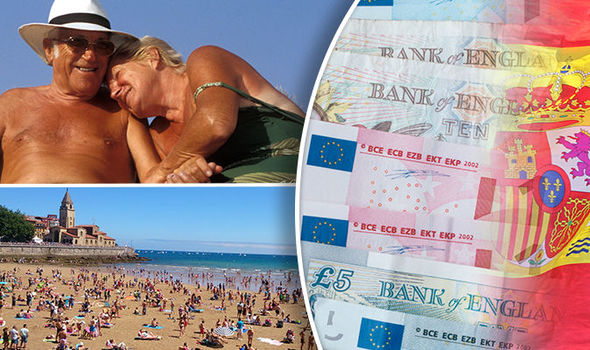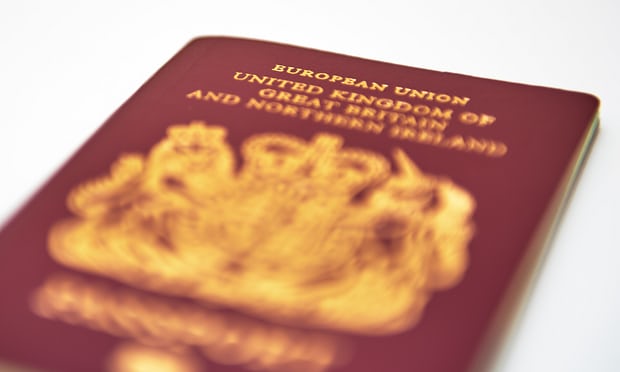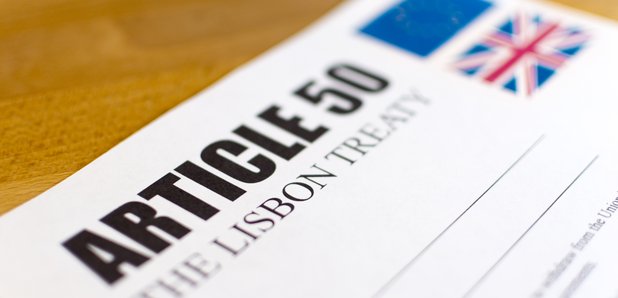
Susan Wilson: «No permitiré que May nos sacrifique»
La primera vez que vino a España fue cuando era una veinteañera, de vacaciones, claro. Se quedó prendada del país, de su cultura, su gastronomía y, por supuesto, del clima. Susan Wilson, Sue para los amigos, nunca olvidó aquellos rayos de sol mediterráneo, así que hace doce años, ella y su esposo Steve decidieron buscar una casa para retirarse una vez les llegara la edad de jubilación. «Era nuestro sueño vivir en España, además, al ser europeos los trámites eran muy sencillos y fue fácil mudarnos. De hecho, lo hicimos antes de jubilarnos, por qué esperar a instalarnos en este lugar tan hermoso. Llevamos aquí ya diez años», explica Wilson a LA RAZÓN desde su casa de Alcocebre, en Castellón. Sin embargo, esa paz que respiraba esta británica natural de Oxford parece haberse esfumado tras el «sí» de sus compatriotas al Brexit. Sus derechos están siendo utilizados como moneda de cambio y Wilson no tolera que jueguen con ellos.
Por este motivo, ahora ella es la presidenta de «Bremain in Spain», una organización integrada por casi 5.000 británicos residentes en España –en total, la colonia «British» repartida por la geografía española la integran 300.000 personas–, que luchan para que su statu quo sea respetado. «Nunca me gustó la política, pero en 2016 cambió todo. Ahora me paso el día de campaña e incluso he tenido que dejar un poco de lado mi trabajo. Se ha convertido en una obsesión y encima no me pagan por ello», afirma.
Este lunes comienzan las negociaciones de la desconexión en Bruselas y la indignación de Sue no ha hecho sino aumentar desde que la primera ministra británica, Theresa May, anunciase hace unas semanas su plan para gestionar la situación de los más de tres millones de europeos que residen en Reino Unido, lo cual repercutirá proporcionalmente en los británicos que residen en países de la Unión Europea, que suman 1,2 millones.
«May no ha ido lo suficientemente lejos para protegernos, la UE sí. Desde Bruselas quieren garantizar todos los derechos que tenemos actualmente y nuestra primera ministra parece que no. Ella dice que lo que hizo fue una oferta generosa, pero es mentira, ella está dispuesta a sacrificar nuestros derechos como europeos para conseguir sus objetivos. Es ridículo», afirma Wilson.












